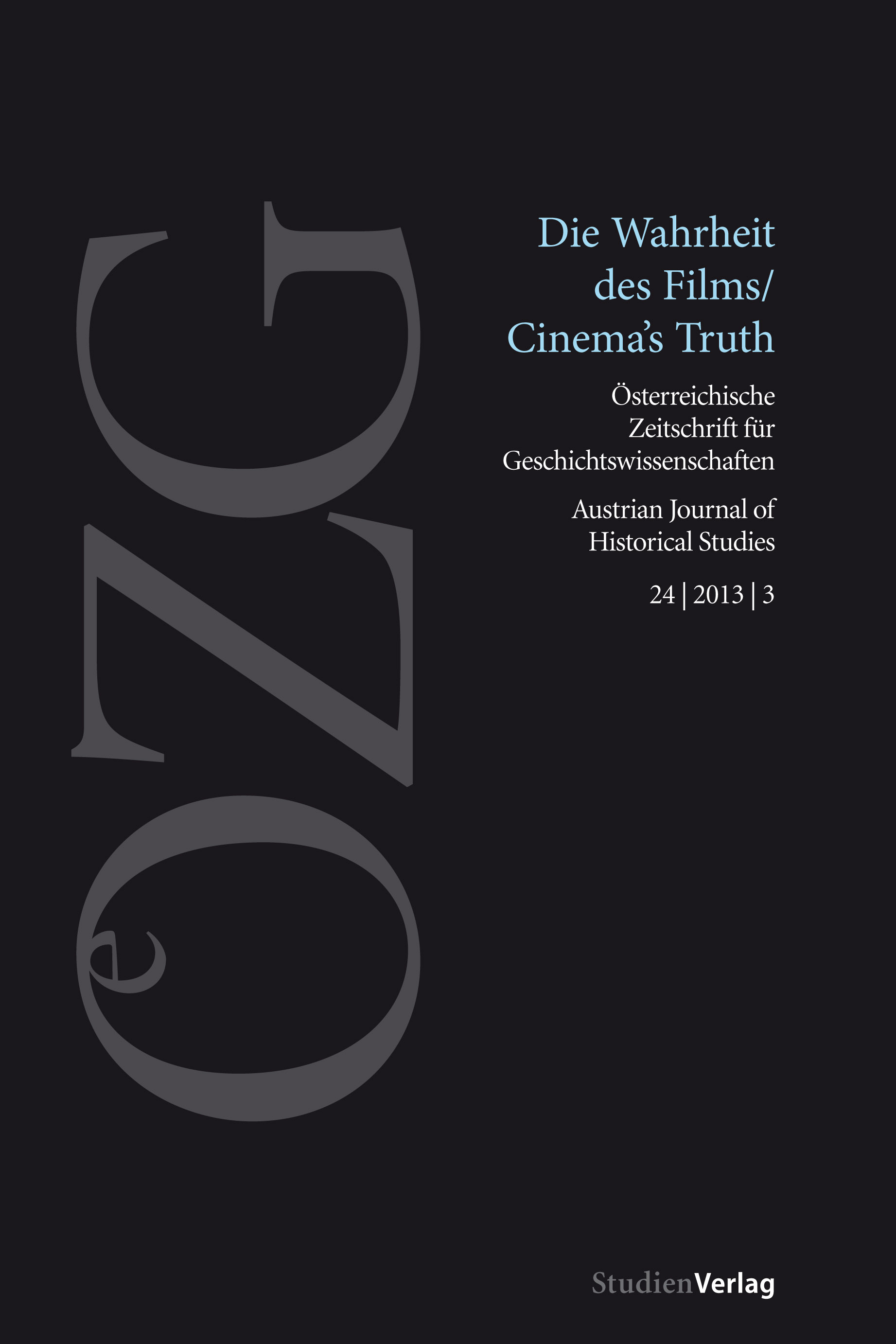The Evidence of Experience
DOI:
https://doi.org/10.25365/oezg-2013-24-3-7Keywords:
experience, visibility, feminist history, foundation, knowledgeAbstract
Starting from the historical and epistemological problem of “visibility”, this article discusses the role and authority of “experience” in the field of (feminist) history and historiography. The article criticizes the foundational function of “experience” in the works of traditional historians such as R. G. Collingwood or E. P. Thompson and points out that experience has to be seen as a part of the history of the production of knowledge. In fact, there is no pre-discursive or non-historical experience because all experience has a discursive history. Therefore experience itself has to be historicized in order to understand its active role in the construction of identities and the constitution of societies. Hence, the experience of women, homosexuals or opposition groups does not represent any order of things and is no mimetic visualization, but allows us to reflect on the discursive productivity of experience. The article concludes that historians should not naturalize experience, but analyze its operations and redefine its meaning. Experience should not be the starting point of historical explanation, but that which historians want to explain.


